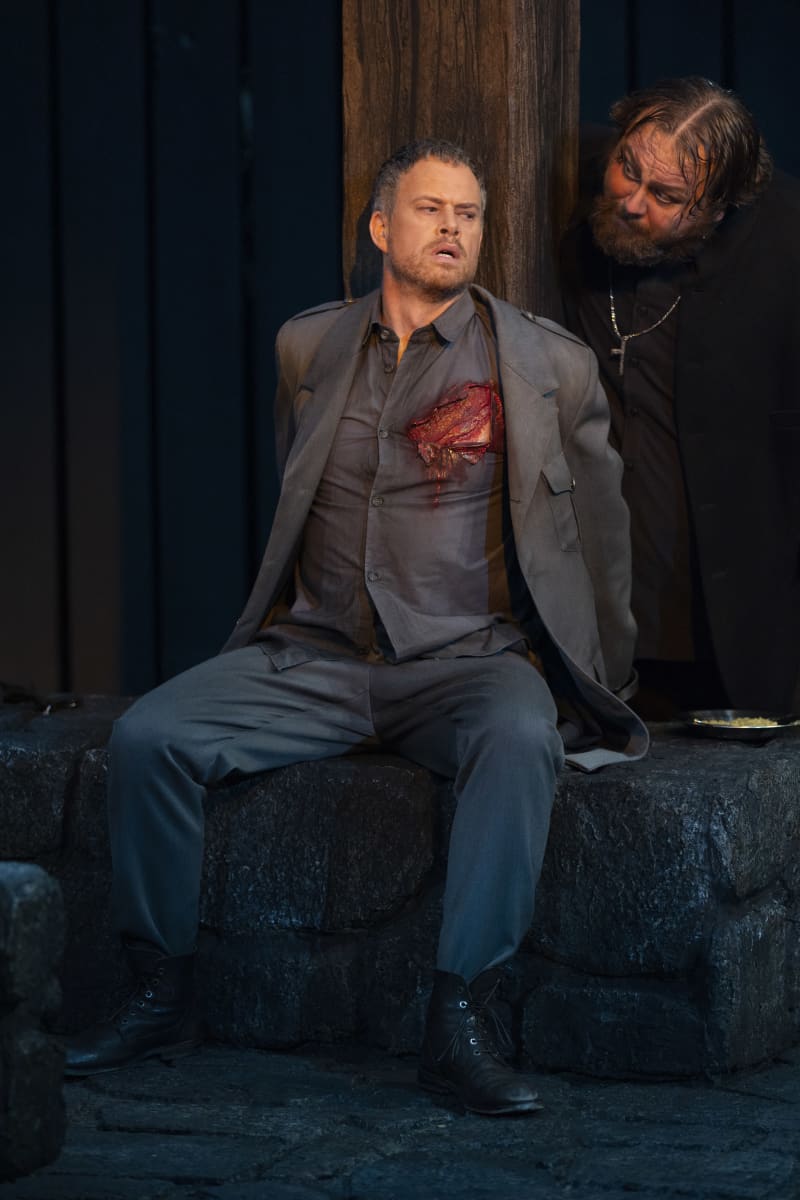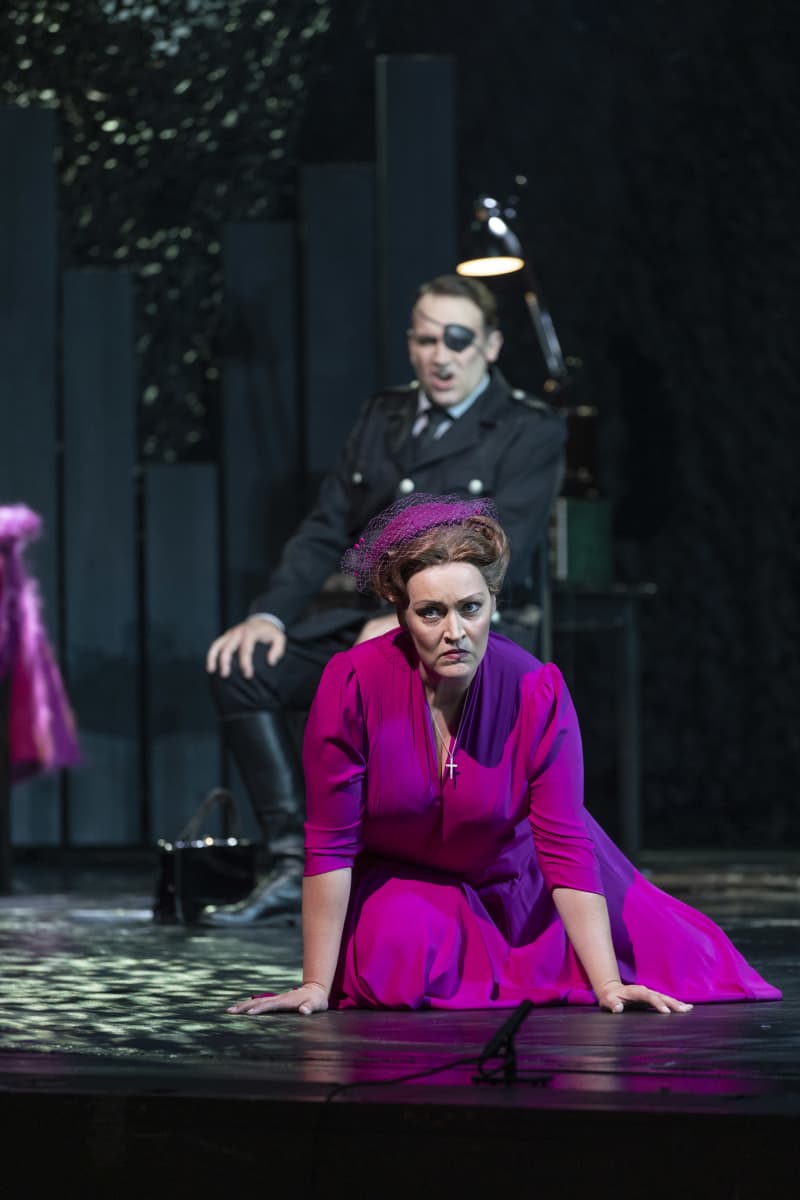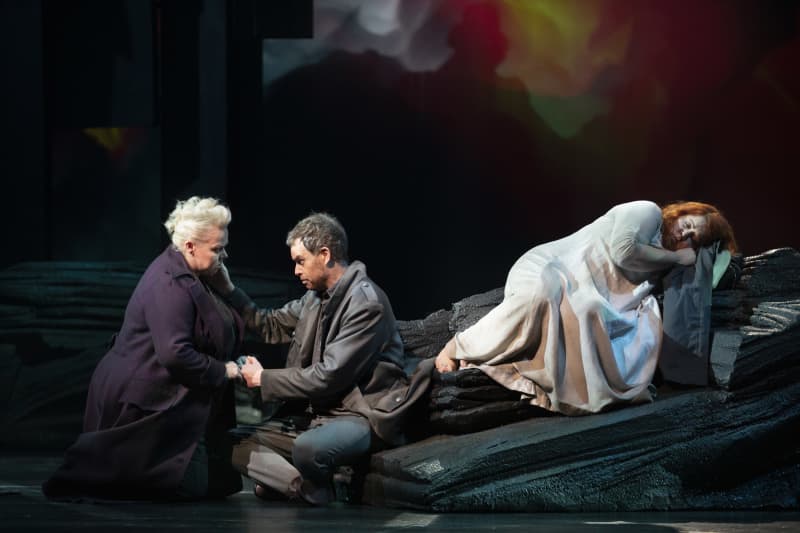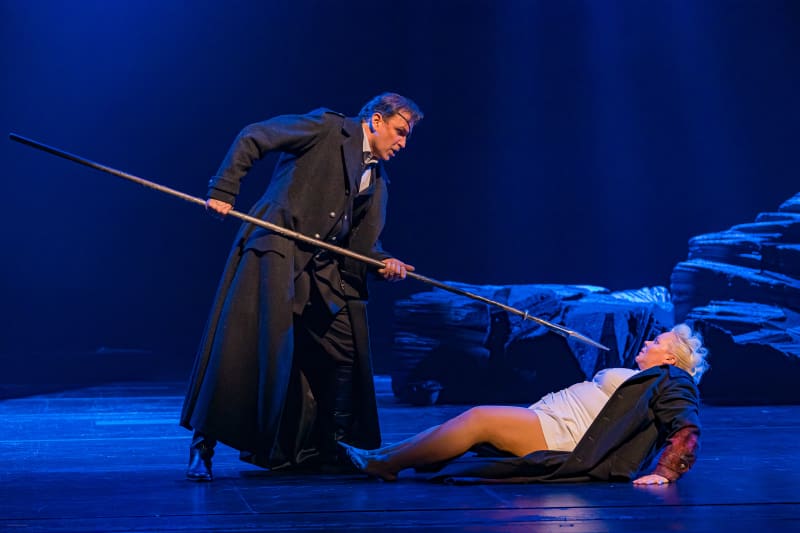Wagner was anti-Semitic and Hitler’s favorite composer. According to historian Hannu Salme, a European problem is condensed in Wagner.
The debate around Wagner continues more than 200 years after the composer’s birth. For many, the composer’s name brings to mind bad echoes, for example because of his anti-Semitism. Wagner spread hate speech, but on the other hand he also spoke for universal understanding.
Both sides of Wagner have stood the test of time: the power of the music and the dubious reputation of the composer.
– He was by no means a pleasant person, but hostile towards many groups of people. The series of his collected writings is huge, says Hannu Salmi.
One of the most controversial essays is _Judenthum in der Musik_, published in 1850. Wagner wrote it under the pseudonym K. Freigedank, K. Freethinker.
– It is the writing of a jealous man about how Jews had taken over the key places in musical life and Wagner himself had no place. He republished the purposive text in the 1860s under his own name, which suggests that these thoughts were deep within him.
Despite his opinions, Wagner worked with many Jewish artists. Such contradictions were characteristic of Wagner.
– The European problem is concentrated in Wagner’s personality. In him are contrasts and opposites. The fact that Wagner’s works are performed forces us to face current questions and problems, says Salmi.

Anarchist and proto-fascist in the same package
Nazi connections were woven by Wagner’s descendants and relatives.
Hitler reportedly never quoted anything Wagner had written. There is no direct connection between them.
– Wagner’s writings are not really ideological speeches. They have very little raw material that could have been utilized in that way, Salmi states.
During his life, Wagner pursued many ideas.
– Wagner was revolutionary when he was young, more conservative as he got older. It follows from this that in his world of thought there are points of reference for almost any ideological group. He was an anarchist and a vegetarian, in some respects a proto-fascist.
According to Salme, being aware of contradictions is essential, although the most important thing is probably Wagner’s music.
– It is necessary to know about the creation conditions of the works. Wagner combines his own time and today’s topical issues in a unique and interesting way.
Today’s fan culture has its roots in Wagner’s supporters
Wagner spent part of his life in exile, and money worries also weighed on him, but in the end he achieved almost everything he wanted.
He got a theater dedicated to his art in Bayreuth and a unique place in Western cultural history. And perhaps most importantly, he managed to gather around him a loud fan base already in his own lifetime.
Wagner realized that he could have support associations that would then support his artistic activities. Soon, Wagner societies were founded in Germany – with the contribution of the composer himself. Wagner was ahead of his time.
– I don’t know any other classical music composers around whom such associations have arisen so early. It is very extraordinary. The equivalent has since become commonplace in popular culture.
And like all significant phenomena, Wagner also had, from the beginning, ardent supporters as well as ardent detractors. Wagnerians still cherish the legacy of their composer and attend opera performances around the world, especially in the holiest of all, Bayreuth.

As a composer, Wagner broke boundaries – he called his operas musical dramas to differentiate himself from his predecessors.
Wagner’s goal was to create a total work of art in which music and drama, word and image, harmony and melody, achieve unity. A concrete example of this is the constant use of leitmotifs: in Wagner’s works, almost all characters, things and objects have their own leitmotif, i.e. a musical, distinguishable counterpart.
According to many estimates, Wagner achieved his goal most clearly in the second part of the _Ring_ series, _Valkyrie_.
Art and artist separately
Wagner strove for timelessness in his works, and they can always be interpreted in new ways. For example, _Valkyrie_, now premiering at the National Opera, is set in time during the Second World War, while _Rheininkulta_, which premiered in 2019, was set in a mythical time. In director Anna Kelo’s concept, each part of the series is taken to a new temporal environment.
The 21st century has been the golden age of Wagner productions, which has seen such critical, traditional, boring and inspiring interpretations of Wagner in different parts of the world.

According to Hannu Salme, it is precisely the interpretative possibilities that create a situation where Wagner’s art and person can be separated from each other.
– At the National Opera Ring, we are more interested in the director’s vision of the story than what the work itself is, or what Wagner’s ultimate thoughts were. The work lives its own independent life, and the director is able to create an interpretive environment for it that speaks to us today. Wagner productions are the director’s art.
In today’s climate, it is appropriate to ask whether there has been an attempt to cancel Wagner in one way or another. Hannu Salmi doesn’t know of any cases connected to the cancel culture, but points out that over the decades there has been a lot of talk about whether Wagner’s music can be played.
– Wagner was not played in Israel after the Second World War, nor in Finland, if you look at the number of productions.
_The national opera’s Valkyrie will be broadcast live at Yle Areena on Saturday, September 10 at 3 p.m._

